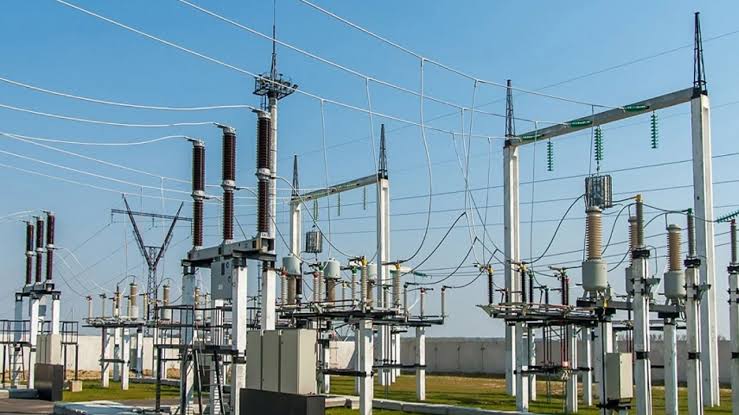The Federal Government has officially adopted a new roadmap aimed at transforming Nigeria’s electricity sector with the approval of the National Integrated Electricity Policy (NIEP).
The policy, initially completed in December 2024 and submitted to the President, received formal approval at a recent Federal Executive Council (FEC) meeting. It serves as a comprehensive guide to revamp the Nigerian Electricity Supply Industry (NESI) in line with national goals and global best practices, as outlined in the Electricity Act 2023.
According to the Minister of Power, Chief Adebayo Adelabu, the implementation of the policy is already underway and is expected to accelerate with this endorsement. He emphasized that the Electricity Act requires the development and publication of an integrated national policy within one year of the Act’s commencement.
This roadmap addresses the key challenges affecting power generation, transmission, and distribution. It also promotes the use of renewable energy, energy efficiency, and improved governance within the sector.
Adelabu highlighted the passage of the 2023 Electricity Act as a turning point, laying the groundwork for sustainable growth in the power sector. He described the NIEP as a strategic guide for stakeholders—including government bodies, investors, and the public—through a period of significant change.
The policy was developed through collaboration with various groups across public and private sectors, civil society, academia, and industry leaders. It aims to resolve persistent problems in the sector such as poor infrastructure, funding shortages, and regulatory hurdles.
Replacing the outdated National Electric Power Policy of 2001, the NIEP introduces measures to support the development of State Electricity Markets. It encourages a decentralized yet cooperative approach to managing energy and resources, with a focus on innovation, consumer protection, and inclusion.
Spanning eight chapters, the policy covers the historical background of Nigeria’s electricity sector, the core elements of the 2023 Electricity Act, market structure, stakeholder responsibilities, climate goals, gender and social inclusion, local content, legal and commercial frameworks, and ongoing research and development efforts.

